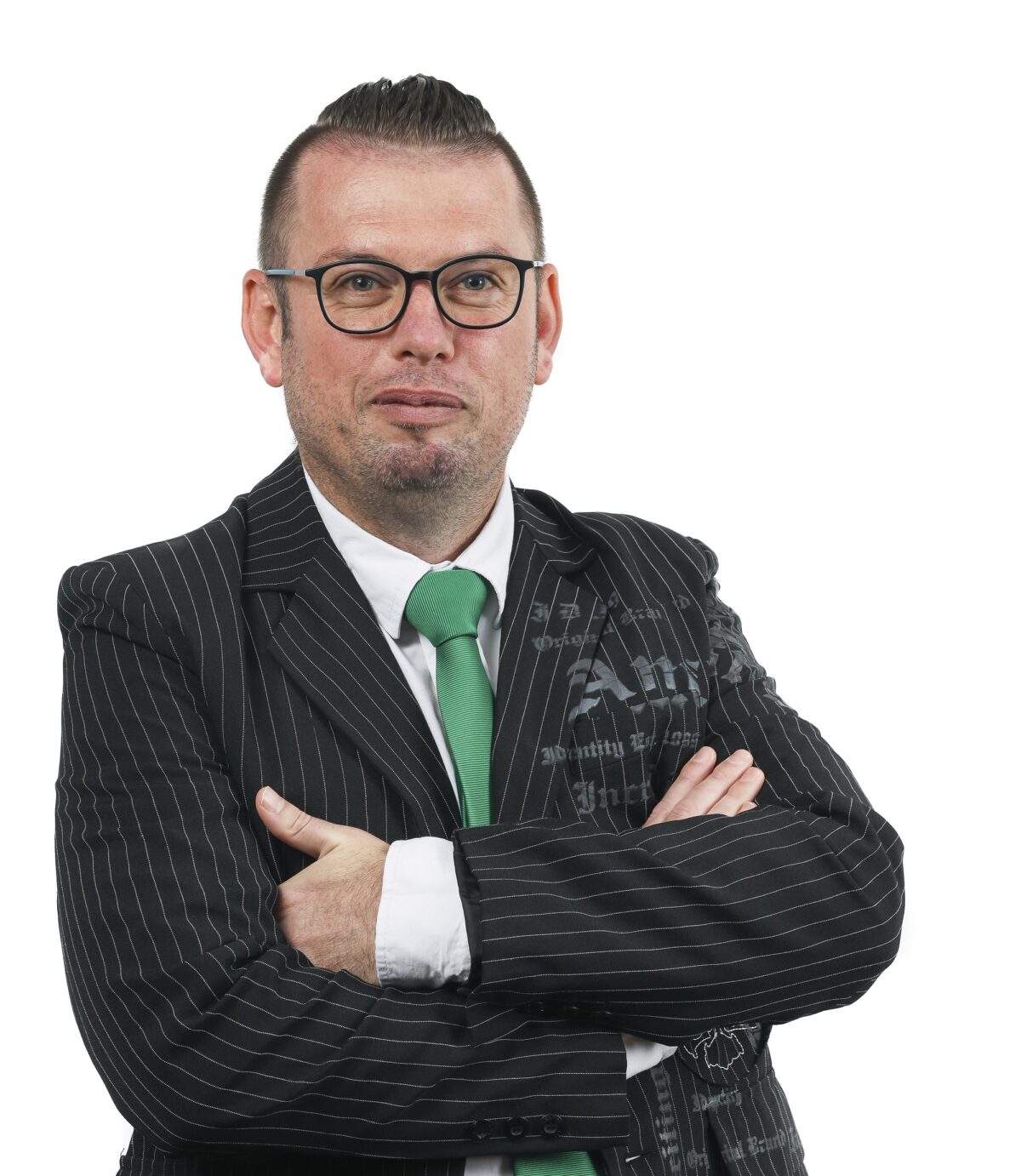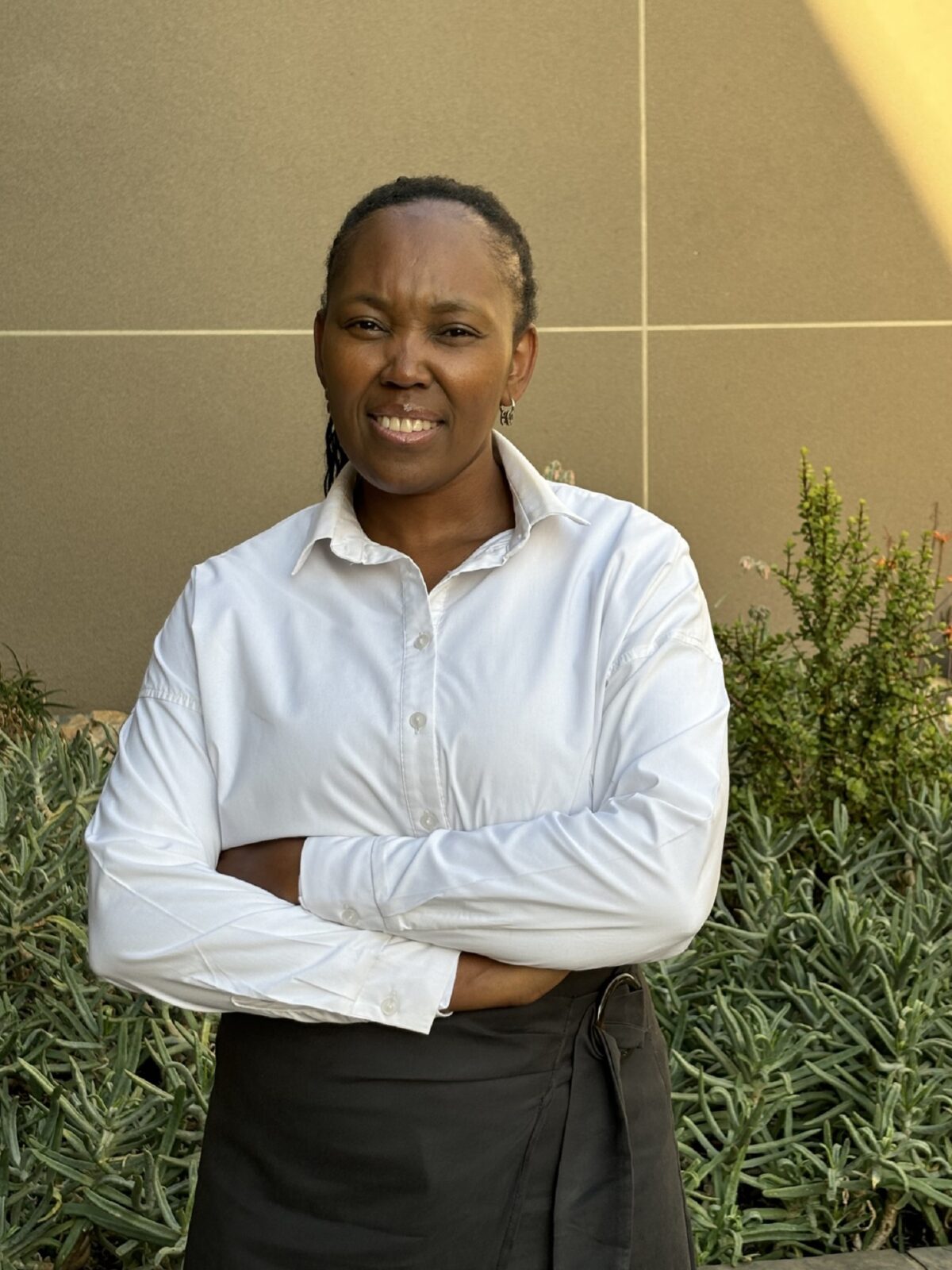Opinion piece: Spatial computing and AI – where no man has sustainably gone before
By Johan Potgieter, Cluster Industrial Software Lead at Schneider Electric
13 November 2024,
Some will argue that we now live in a Sci-Fi world where we dream of electric sheep and today’s technology – unlike HAL – can provide us with the answers we seek. To the realist it might seem a bit implausible, but when you start using terms like “spatial computing realises sustainable AI,” it doesn’t seem that farfetched.
To place it into context, there’s no doubt that AI is powering a new future; however, we are also facing a tremendous challenge, how do you meet the growing energy demands of these intelligent systems whilst keeping its environmental impact in check?
Indeed, AI’s hunger for computational power has driven a sharp increase in energy consumption, putting the quest for sustainability at odds with technological advancement. And as demand for AI services continues to grow, so does the strain on our energy resources.
Fortunately, there’s also an answer. Enter spatial computing. a technology that integrates the physical and digital worlds through augmented reality (AR), virtual reality (VR), and mixed reality (MR). Spatial computing has the potential to optimise AI systems’ energy efficiency by reshaping how its managed, particularly within data centres.
Quenching datacentres’ thirst
Today’s datacentres use three-dimensional spatial mapping which generate highly detailed models of their physical environments. This allows for the precise placement of for example AI hardware, optimising airflow and minimising hotspots, which, in turn, improves cooling efficiency.
Sensors embedded within the data centres can then monitor environmental parameters like temperature and humidity, ensuring that hardware is always placed in the most energy-efficient configuration.
To take it one step further, spatial computing also supports dynamic resource allocation. By balancing electrical loads across different components and preventing overloading, the technology ensures a more even distribution of power.
Furthermore, analysing spatial data helps identify underutilised hardware, enabling data centres to redistribute workloads and reduce unnecessary power consumption.
Spatial computing also allows for targeted cooling, where specific areas (requiring additional cooling) are identified in real-time, reducing the need for energy-intensive blanket strategies. Adaptive cooling systems can also adjust automatically based on current conditions, again ensuring optimal energy use.
Open standards and sustainability
An important part of integrating spatial computing into AI infrastructure is ensuring that solutions are built on open standards, such as the IEC 61499 framework championed by UniversalAutomation.org of which Schneider Electric is a member.
This vendor-agnostic approach allows organisations to break free from proprietary constraints, fostering interoperability and sustainability. By adhering to open standards, organisations can create AI ecosystems that are not only more adaptable and efficient but also better aligned with long-term environmental goals.
Spatial computing at work
Spatial computing can also be integrated with energy management systems to control and optimise power consumption. For example, AI-enabled predictive maintenance can detect potential failures in advance, reducing downtime and preventing energy waste. Additionally, spatial computing facilitates the integration of renewable energy sources, such as solar and wind power, by dynamically adjusting AI workloads based on energy availability.
By using spatial intelligence, organisations can therefore reduce the energy footprint of AI while simultaneously enhancing performance. In essence, spatial computing offers the ability to transform AI infrastructure from being energy-intensive to energy-efficient.
Spatial computing also has broad applications that contribute to sustainability across industries:
- Agriculture – Spatial computing helps optimise crop yields while minimizing environmental impact. By integrating spatial data with advanced analytics, farmers can monitor soil health, water usage, and crop conditions in real-time, enabling precise application of fertilizers and pesticides.
- Urban mobility – in cities, spatial computing platforms promote greener transportation methods. These systems use real-time data to offer insights into traffic patterns, air quality, and safe cycling routes, encouraging the adoption of environmentally friendly transportation options



